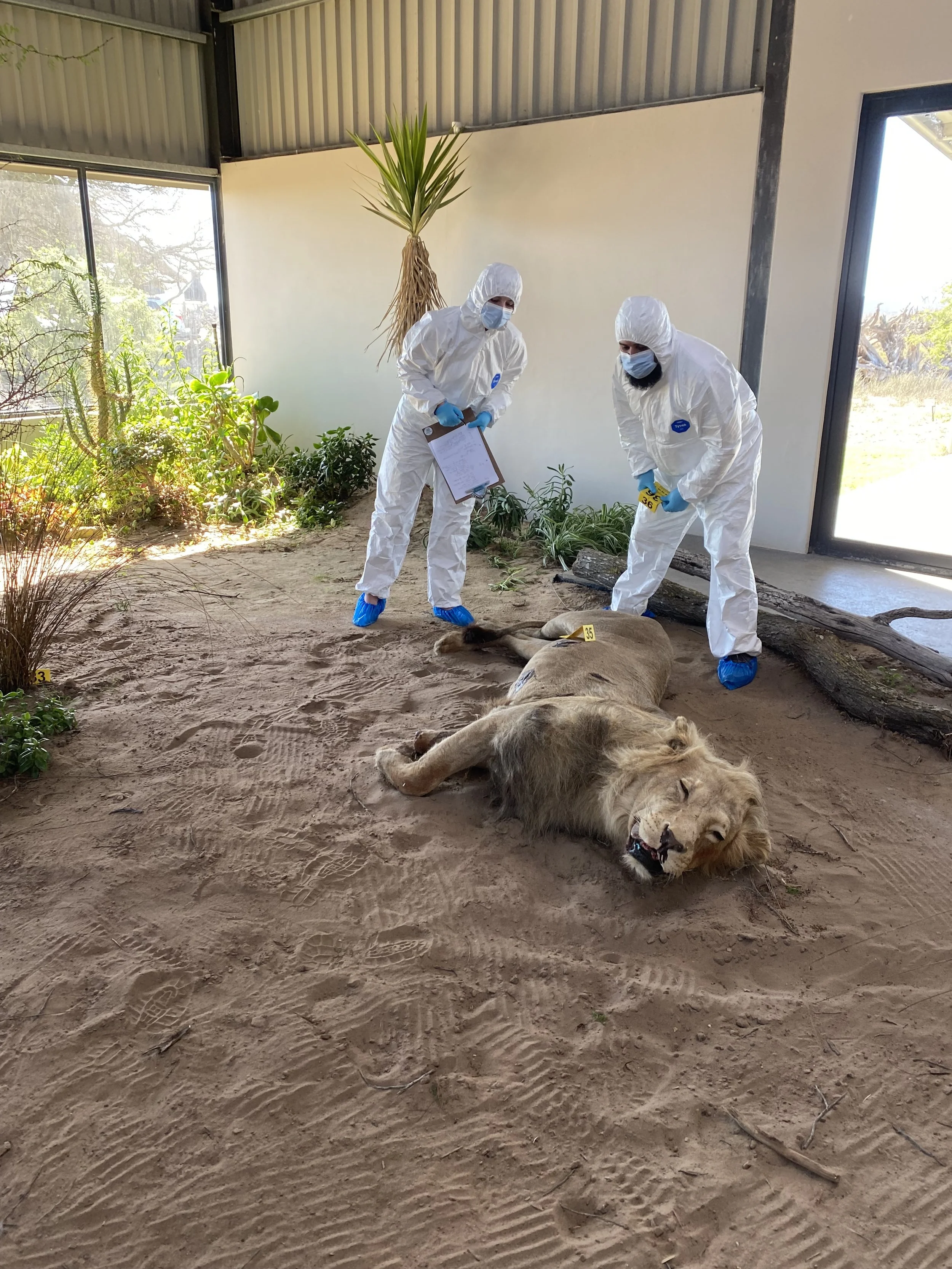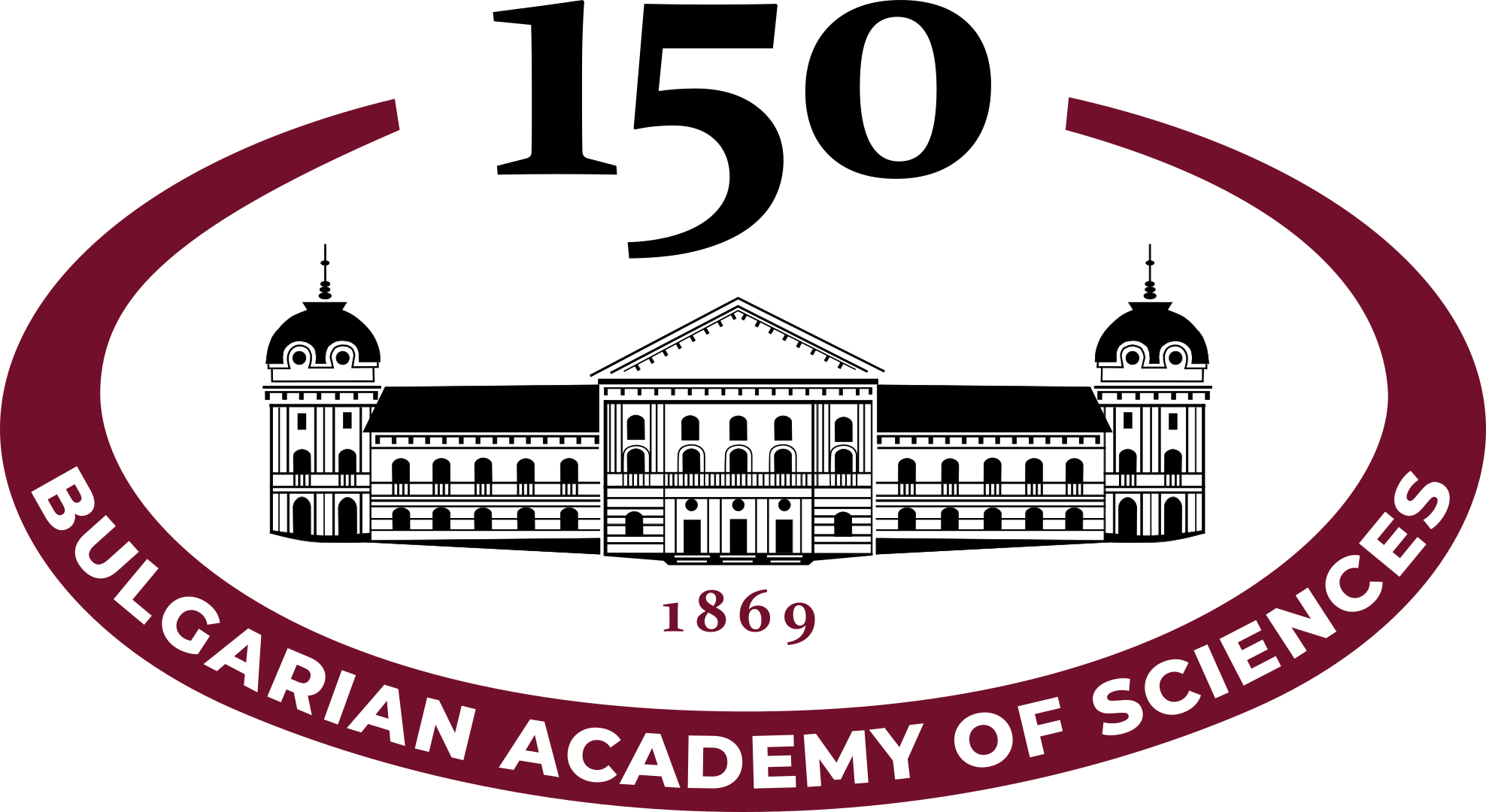Wildlife Forensic Academy and Nature FIRST: Empowering Rangers and Transforming Conservation through Forensic Science
In the fight against wildlife crime, prevention and prosecution often break down not for lack of will—but for lack of evidence. The Wildlife Forensic Academy, a pioneering partner in the Nature FIRST project, is closing that gap by equipping conservation professionals with critical forensic skills. Founded by Andro Vos, the Academy is not only elevating the role of science in conservation—it’s also redefining what’s possible when local rangers, international researchers, and cutting-edge tools come together in one mission.
From a Crime Scene in Kruger to a Global Vision
Fifteen years ago, Andro Vos—then a program director at the Netherlands Forensic Institute—stood over a horrific wildlife crime scene in South Africa’s Kruger National Park. A rhino had been killed, its horn brutally removed. Despite clear forensic traces at the scene, rangers unknowingly destroyed critical evidence.
That moment became a turning point.
“I realized we needed a space where even illiterate rangers could learn how to protect and preserve evidence,” Andro explains. “Without forensic evidence, you can’t prosecute. And without prosecution, there’s no deterrent.”
Today, the Wildlife Forensic Academy in South Africa is the only institution of its kind in the world, simulating the full criminal justice chain—from crime scene to courtroom—and training rangers from around the globe in wildlife forensics. Through the Nature FIRST project, the Academy has expanded its reach to Europe, training rangers from pilot site partners in forensic techniques previously missing from conservation enforcement - making knowledge exchange across continents possible.
A Ranger's Success Story: From Training to Prosecution
One of the most powerful testaments to the Academy’s impact came shortly after a participant completed his WFA training. A South African ranger from Kruger National Park returned home to find a poisoning incident involving wild dogs. While police stood by uncertainly, the ranger took the lead—applying the forensic skills he’d learned to secure and process the scene. Thanks to the collected evidence, prosecutors now have a strong case.
“This happened after just one week of training,” Andro says. “That’s the power of equipping people on the ground.”
Building Capacity Through an Innovative Business Model
The Academy’s unique business model funds local training through international study-abroad programs. Students from universities across Europe, Asia, and the U.S.—ranging from forensic science and ecology to medicine and leadership—come to South Africa for immersive field courses. Their tuition funds scholarships for rangers who otherwise couldn’t afford the training.
The Academy also works with over 25 universities worldwide, collaborates with Erasmus Medical Center, and recently attracted the attention of CNN International and US Homeland Security—testament to both the need and the credibility of its mission.
Knowledge Transfer from Africa to Europe
While the Academy is rooted in Africa, its relevance spans continents. The challenges of poaching, trafficking, and habitat crime are universal—and so are the forensic techniques needed to address them.
As part of the Nature FIRST project, rangers and conservationists from countries like Bulgaria trained at the Wildlife Forensic Academy, gaining hands-on experience in evidence collection, crime scene preservation, and the fundamentals of wildlife forensics. Inspired by this experience, field partners from the Bulgarian Academy of Sciences have begun sharing this expertise at home—launching their own forensic training sessions to expand local capacity.
A pivotal element in ensuring the sustainability of this knowledge transfer has been the development of a “Train-the-Trainer” program led by Professor Claire Gwinnett from University of Staffordshire. Conducted at the Wildlife Forensic Academy in March 2024, the course not only deepened participants' forensic investigation skills but also equipped them with pedagogical techniques to teach others. This initiative empowered Bulgarian partners to return home and begin training their own local ranger networks. By embedding both scientific and instructional expertise, the program ensures that the capacity built through Nature FIRST continues to multiply, creating regional hubs of forensic conservation knowledge across Eastern Europe.
Yet challenges remain. In Bulgaria, rangers are not officially mandated to conduct forensic work, and police response to remote wildlife crime scenes is often delayed or absent. Even when evidence is collected, procedural hurdles and limited infrastructure—like proper storage for confiscated specimens—can obstruct its use in court. Despite this, the effort marks a turning point: the knowledge gained in South Africa is not only being applied in Europe but is beginning to shape a new culture of conservation enforcement, grounded in forensic evidence and cross-border learning.
“Whether it's a rhino in South Africa or a bear in Bulgaria, the same scientific approach applies,” says Andro. “We’ve now trained EU rangers who are applying forensic principles in conservation across Eastern Europe, integrating tools like camera traps and satellite data to identify vehicles, individuals, and patterns of illegal activity.”
A Forensic Future for Conservation
Looking ahead, the Academy plans to open a second location at Clayton State University in Atlanta and expand into training customs officers—a critical weak link in the global wildlife trafficking chain.
Andro sums up the ambition simply: “Our goal is to bring poachers into the criminal justice chain. That means empowering everyone—from rangers to customs officials—to understand and apply forensic science.”
As part of Nature FIRST, the Wildlife Forensic Academy has not only trained rangers—it has planted a seed for systemic change. Its success is measured not just in prosecutions or partnerships, but in a growing global understanding: that conservation without forensic evidence is a story untold.





